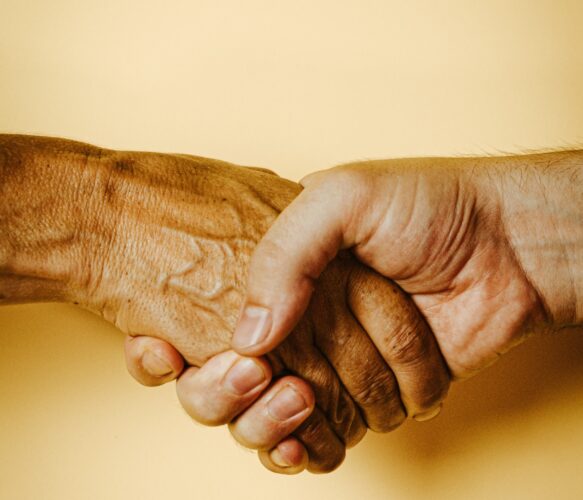The leader of the African Methodist Episcopal Church is seeking to mobilize the members of his churches to vote for the Democrat candidates for the Senate in Georgia. Meanwhile, the other Evangelicals in Georgia are mobilizing to support the Republicans. Two seats are up for grabs and will determine whether the Senate is Republican or Democrat, whether it is a firewall against the more radical Democrat policies or whether there will be Democrat control of the Presidency (if Trump cannot prevail), the Senate and the House. The present battle is super intense with money pouring in from around the country. There are also real issues on whether or not Georgia will again use the controversial Dominion voting systems or whether or not the same weaknesses in voter identification are repeated as in the November election.
Though the unitary support for Democrats among blacks declined in the last election, Black Evangelicals still vote Democrat. It is hard for the Black Evangelical Democrats to understand how their brothers and sisters in the faith can vote for the party they see as not supporting the government help that they need, both in welfare, housing, and public education. For them, this is the overriding issue. Abortion for example is a choice that others make even if wrong, but this is less the problem than allowing the poor to continue to be in want. No one forces a person to have an abortion, but poverty leads to real destruction as well. They also are not seeing challenges to their religious freedom or the LGBT agenda since this is not the world of their concern or interaction. Abortion is common in the black community.
The other Evangelicals cannot see how the Black Evangelical Democrats do not see how legalized abortion brings the judgment of God. How can they not see how it has undercut their own population? They do not understand how their brothers and sisters cannot see that the very policies they think are crucial are the very ones that keep their poor in the cycle of poverty. They point to vouchers in education as a game-changer for the poor. So also enterprise zones and economic development are crucial. The moral issues of support for the traditional family are also central to them. They know their brothers and sisters are morally conservative but do not see how they cannot see that the culture is now going in directions that destroy the morals of the community. Can’t they see the dangers to religious freedom and the cancel culture?
These two communities are like ships passing in the night. Wouldn’t it be wonderful if the key leaders of these two groupings could meet for an extended dialogue with heart sharing, some scholarly papers (with understandable language), and interaction? I think this would be great. Could there be some empathetic listening? This happens all too rarely. Maybe some positions would change, but at least there will be deeper understanding.
